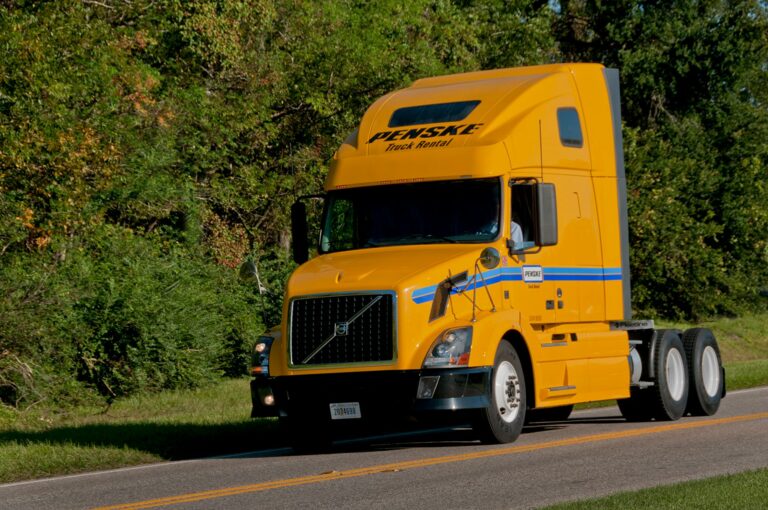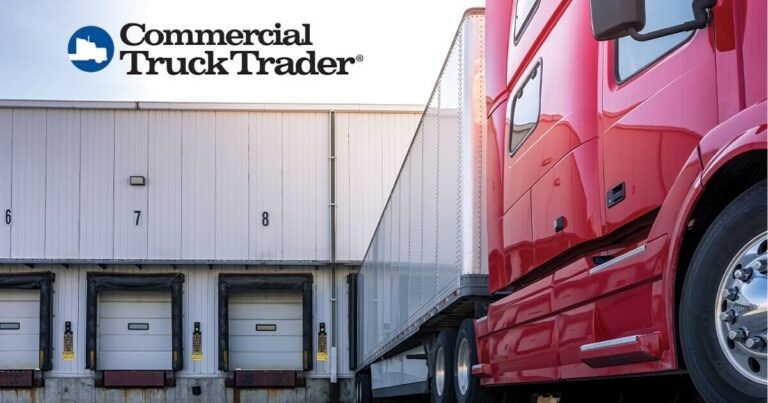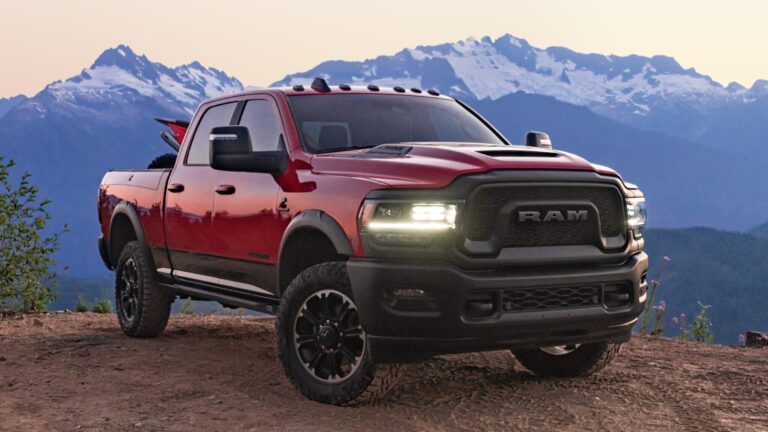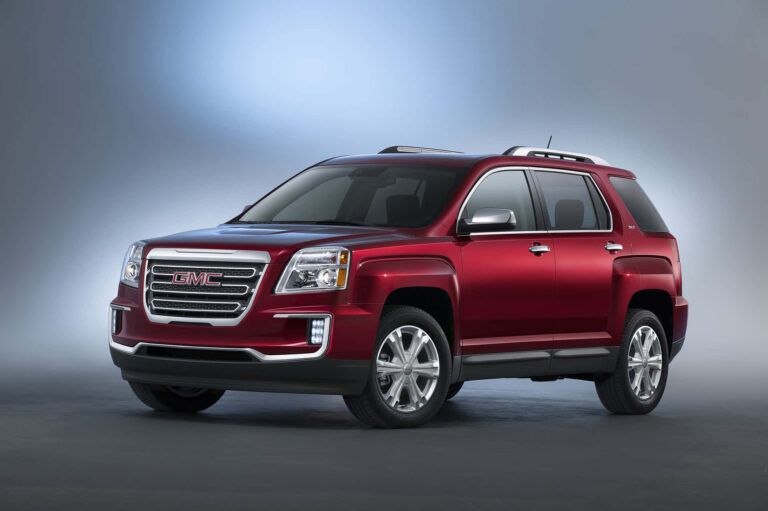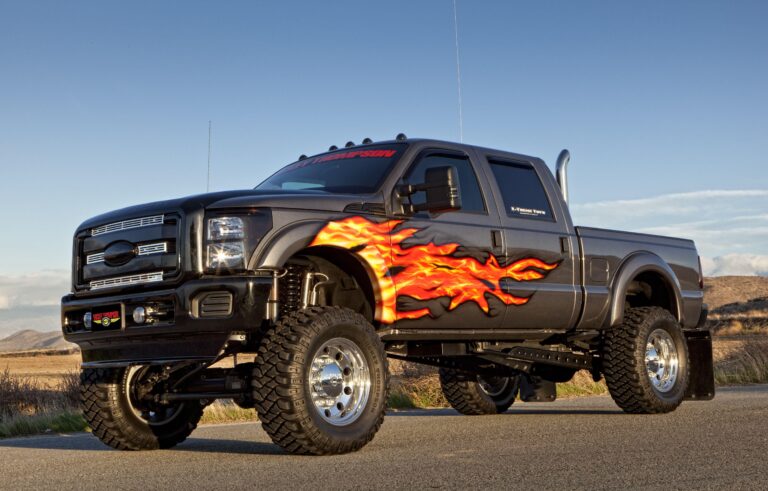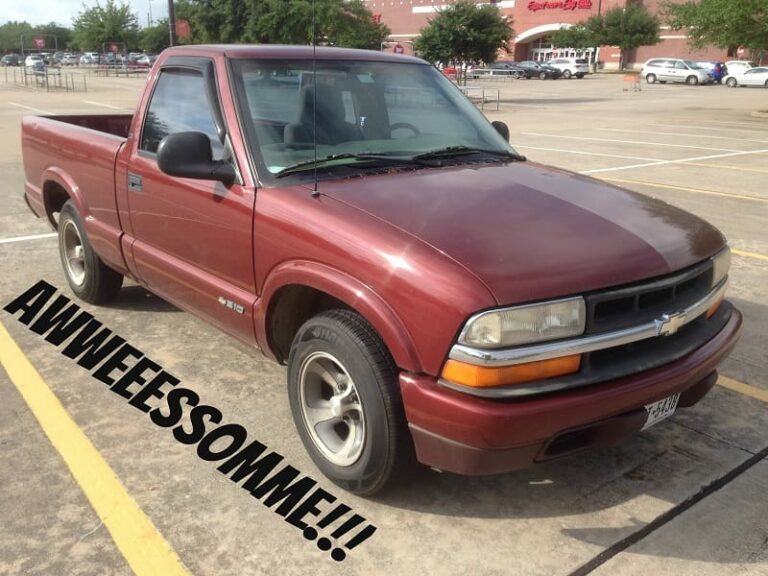The True Cost Of A U-Haul Trailer: A Comprehensive Guide to Budgeting Your Move
The True Cost Of A U-Haul Trailer: A Comprehensive Guide to Budgeting Your Move cars.truckstrend.com
Moving, hauling, or embarking on a DIY project often brings U-Haul to mind. Their iconic orange trailers are a common sight on roads across North America, offering a convenient and often cost-effective solution for transporting goods. However, before you hook up and hit the road, understanding the "Cost Of A U-Haul Trailer" is paramount. It’s not just a simple daily rate; a myriad of factors can influence the final bill, from the type of trailer you choose to the duration of your rental and even the specific locations involved.
This comprehensive guide will break down all aspects of U-Haul trailer costs, helping you navigate the options, anticipate potential expenses, and make an informed decision that aligns with your budget and needs. By understanding the underlying mechanics of their pricing, you can avoid surprises and ensure a smooth, affordable hauling experience.
The True Cost Of A U-Haul Trailer: A Comprehensive Guide to Budgeting Your Move
Decoding the Factors Influencing U-Haul Trailer Costs
The price you pay for a U-Haul trailer isn’t static. Several key variables interact to determine your total rental cost. Understanding these factors is the first step in accurately budgeting for your needs.
-
Trailer Type and Size: U-Haul offers a variety of trailers, each designed for different purposes and varying significantly in size. Generally, the larger the trailer, the higher the rental cost.
- Cargo Trailers: Enclosed trailers for protecting items from weather and theft. Available in sizes like 4×8, 5×8, 5×10, and 6×12 feet.
- Utility Trailers: Open trailers, ideal for hauling odd-shaped items, landscaping materials, or ATVs. Sizes include 4×7, 5×8, 5×10, and 6×12 feet. Some come with a ramp.
- Car Haulers: Specialized trailers for transporting vehicles. These include auto transports (full trailers) and tow dollies (front-wheel lift).

-
Rental Duration: U-Haul typically offers daily rates, but you can rent for multiple days or even weeks. Longer rentals usually have a reduced daily rate compared to a single-day rental, but the overall cost will naturally be higher. In-town rentals often have a flat daily rate, while one-way rentals assign a specific number of days for the journey.

-
Distance and Rental Type (In-Town vs. One-Way):
- In-Town Rentals: These are typically cheaper as you pick up and drop off the trailer at the same U-Haul location. They are priced at a flat daily rate, regardless of the miles driven.
- One-Way Rentals: If you need to pick up a trailer in one city and drop it off in another, you’ll opt for a one-way rental. These are significantly more expensive than in-town rentals because U-Haul incurs costs to reposition the trailer. The price is based on the distance between locations and the number of days allotted for the trip.
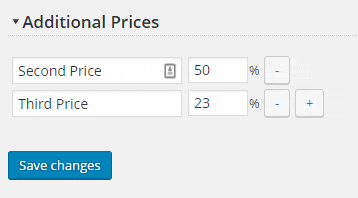
-
Location and Availability: Prices can fluctuate based on demand and availability in specific areas. Renting a trailer during peak moving seasons (e.g., end of the month, summer, holidays) or in high-demand urban areas might lead to higher prices. Conversely, renting during off-peak times or from less busy locations might offer better rates.
-
Additional Equipment: If you don’t already have a compatible hitch, wiring harness, or ball mount on your towing vehicle, you’ll need to purchase or rent these from U-Haul, adding to your overall expense.
-
Insurance and Coverage Options: U-Haul offers optional coverage plans, such as "Safetow," which protects you from accidental damage to the trailer and your belongings. While optional, these can provide peace of mind and significantly reduce your financial liability in case of an accident.
-
Taxes and Fees: Like any rental service, sales tax will be applied to your rental cost. Additionally, U-Haul may include an "Environmental Surcharge" or other small administrative fees.
Types of U-Haul Trailers and Their Estimated Costs
To give you a clearer picture, here’s a breakdown of typical estimated costs for various U-Haul trailer types. Please remember these are estimates and can vary widely based on location, availability, and specific rental details. Always get an exact quote from U-Haul for your specific needs.
| Trailer Type | Size (L x W x H) | Daily In-Town (Est.) | Weekly In-Town (Est.) | Sample One-Way (Est.)* | Key Features & Common Uses |
|---|---|---|---|---|---|
| Cargo Trailers | |||||
| 4×8 | 8’x4’x4’5" | $14.95 – $19.95 | $80 – $110 | $150 – $250+ | Small moves, boxes, furniture; weather-protected. |
| 5×8 | 8’x5’x5′ | $19.95 – $24.95 | $110 – $140 | $200 – $350+ | Apartment moves, larger furniture, appliances. |
| 5×10 | 10’x5’x6′ | $29.95 – $34.95 | $160 – $200 | $250 – $450+ | 1-2 bedroom moves, larger loads, more standing room. |
| 6×12 | 12’x6’x6′ | $34.95 – $44.95 | $190 – $250 | $300 – $600+ | 2-3 bedroom moves, large appliances, maximum capacity. |
| Utility Trailers | |||||
| 4×7 | 7’x4′ (open) | $14.95 – $19.95 | $80 – $110 | N/A (usually in-town) | Small items, yard waste, ATVs; open design. |
| 5×8 | 8’x5′ (open) | $19.95 – $24.95 | $110 – $140 | N/A (usually in-town) | Landscaping, appliances, small vehicles; some with ramp. |
| 5×10 | 10’x5′ (open) | $29.95 – $34.95 | $160 – $200 | N/A (usually in-town) | Longer items, lumber, motorcycles; often with ramp. |
| 6×12 | 12’x6′ (open) | $34.95 – $44.95 | $190 – $250 | N/A (usually in-town) | Large equipment, multiple ATVs, heavy loads; often with ramp. |
| Car Haulers | |||||
| Tow Dolly | For front-wheel drive | $40 – $60 | $220 – $330 | $150 – $250+ | Towing FWD vehicles; lighter, more affordable. |
| Auto Transport | Full flatbed trailer | $55 – $75 | $300 – $400 | $250 – $500+ | Towing AWD/4WD vehicles or those with specific needs. |
*Sample One-Way (Est.): These prices are highly variable and depend on distance, origin/destination, and availability. A short distance (e.g., 50 miles) might be at the lower end, while cross-country moves will be significantly higher.
How to Get an Accurate U-Haul Trailer Quote
The best way to determine the exact cost for your specific needs is to use U-Haul’s official website or app.
- Visit U-Haul.com: Navigate to the "Trailers" section.
- Enter Pickup Information: Provide your desired pickup location, date, and time.
- Specify Drop-off (if one-way): If it’s a one-way rental, enter your drop-off location. For in-town, the system assumes the same location.
- Select Trailer Type: Choose the specific trailer size and type you need.
- Review the Quote: The system will generate a detailed quote, including the base rental rate, estimated taxes, and any applicable fees. This is the most accurate way to budget.
Understanding Additional Costs and Fees
Beyond the base rental rate, be prepared for potential additional expenses:
- Environmental Surcharge: A small, non-negotiable fee applied to most rentals.
- Damage Waivers/Insurance: While optional, opting for Safetow can protect you from financial liability for damage to the trailer. Costs vary but are typically a percentage of the rental fee or a flat daily rate.
- Sales Tax: Applied to the total rental cost based on your location.
- Late Return Fees: If you return the trailer after the agreed-upon time, you will incur additional daily charges.
- Cleaning Fees: While rare, if the trailer is returned excessively dirty, U-Haul may charge a cleaning fee.
- Hitch/Wiring Installation: If your vehicle isn’t equipped, U-Haul offers hitch installation services. This can add several hundred dollars to your overall cost, but it’s a one-time investment if you plan to tow regularly.
- Fuel Costs: While not a U-Haul fee, remember that towing a trailer will significantly decrease your vehicle’s fuel efficiency, leading to higher fuel expenses for your trip.
Practical Tips for Saving Money on U-Haul Trailer Rentals
Budgeting effectively for a U-Haul trailer means being strategic about your rental.
- Book in Advance: Especially during peak seasons, booking your trailer a few weeks out can secure better rates and ensure availability.
- Be Flexible with Dates: If possible, avoid renting on weekends, holidays, or the end of the month, as these are typically the busiest and most expensive times.
- Choose the Right Size: Don’t overpay for space you don’t need. Estimate your cargo volume accurately. However, also avoid going too small, which might necessitate multiple trips or a larger, more expensive last-minute rental.
- Consider In-Town vs. One-Way Carefully: If your move allows for it, an in-town rental is almost always cheaper. If you can move items in stages or have a friend help with the return trip, it might save you significant money.
- Return On Time: Avoid late fees by returning the trailer promptly. If you anticipate delays, call U-Haul immediately to discuss extensions.
- Inspect Thoroughly: Before driving off, inspect the trailer for any existing damage and ensure it’s noted on your contract. Upon return, ensure it’s clean and free of new damage to avoid cleaning or damage charges.
- Check for Discounts: While less common for trailers than trucks, occasionally U-Haul or third-party sites might offer promotional codes or discounts.
- BYOH (Bring Your Own Hitch): If you plan to tow frequently, investing in your own hitch receiver and wiring harness for your vehicle can be cheaper in the long run than relying on U-Haul’s installation services for every rental.
Important Considerations Before Renting
Beyond cost, safety and compatibility are paramount when renting a U-Haul trailer.
- Towing Vehicle Capacity: This is critical. Your vehicle must be capable of safely towing the chosen trailer and its loaded contents. Check your vehicle’s owner’s manual for its Gross Vehicle Weight Rating (GVWR), Gross Combined Weight Rating (GCWR), and maximum tongue weight. Exceeding these limits is dangerous and illegal.
- Hitch Requirements: Ensure your vehicle has the correct hitch class (e.g., Class I, II, III) and ball size (usually 1-7/8" or 2" for U-Haul trailers) compatible with the trailer you intend to rent.
- Lighting and Wiring: Your vehicle must have a functioning 4-flat or 7-way wiring harness to connect to the trailer’s lights (brake lights, turn signals, running lights). U-Haul requires this for safety and legal compliance.
- Driving Safely with a Trailer: Be aware that towing a trailer significantly changes your vehicle’s handling, braking, and acceleration. Allow for longer stopping distances, make wider turns, and reduce your speed.
- Trailer Dimensions: Understand the overall length and width of the trailer for navigating tight turns, parking, and fitting through gates or driveways.
Frequently Asked Questions (FAQ) about U-Haul Trailer Costs
Q1: How is U-Haul trailer cost calculated?
A1: It’s primarily calculated based on the trailer type/size, rental duration (daily, weekly), and whether it’s an in-town (same location pickup/drop-off) or one-way rental. Additional factors like location, availability, and optional insurance also play a role.
Q2: Can I rent a U-Haul trailer for one way?
A2: Yes, U-Haul offers one-way rentals for most of its enclosed cargo trailers and car haulers. Utility trailers are generally restricted to in-town rentals. One-way rentals are significantly more expensive than in-town rentals due to the cost of repositioning the equipment.
Q3: Do I need insurance for a U-Haul trailer?
A3: Insurance (Safetow) is optional but highly recommended. It covers damage to the U-Haul trailer itself and offers protection for your cargo in transit. Your personal auto insurance may not cover rented trailers, so check with your provider.
Q4: What kind of hitch do I need for a U-Haul trailer?
A4: Most U-Haul trailers require a 1-7/8" or 2" hitch ball, depending on the trailer size. Your vehicle also needs a hitch receiver with a sufficient towing capacity (Class I, II, or III) and a working wiring harness for trailer lights.
Q5: Can I pick up a trailer at one location and drop it off at another?
A5: Yes, this is the definition of a "one-way" rental. You must specify your desired pick-up and drop-off locations when making your reservation.
Q6: What if I return the trailer late?
A6: U-Haul will charge you for additional days if you return the trailer late. It’s crucial to return it by the agreed-upon time or contact U-Haul to extend your rental to avoid unexpected fees.
Q7: Are there any hidden fees with U-Haul trailers?
A7: U-Haul is generally transparent with its pricing online. The main additional costs beyond the base rate are sales tax, an environmental surcharge, and optional insurance. Ensure you get a detailed quote that itemizes all charges before confirming your reservation.
Conclusion
Renting a U-Haul trailer can be an incredibly convenient and cost-effective solution for a variety of hauling needs, from moving homes to transporting recreational vehicles. However, truly understanding the "Cost Of A U-Haul Trailer" goes beyond simply looking at a daily rate. It involves considering the trailer type, rental duration, the nature of your trip (in-town vs. one-way), and a host of potential additional costs like insurance, hitch installation, and taxes.
By utilizing U-Haul’s online quoting system, being mindful of peak seasons, and selecting the most appropriate trailer for your needs, you can accurately budget for your rental. Furthermore, prioritizing safety by ensuring your towing vehicle is capable and equipped correctly will guarantee a smooth and stress-free experience. With proper planning and an informed approach, a U-Haul trailer can be an invaluable tool in your next project or move.

